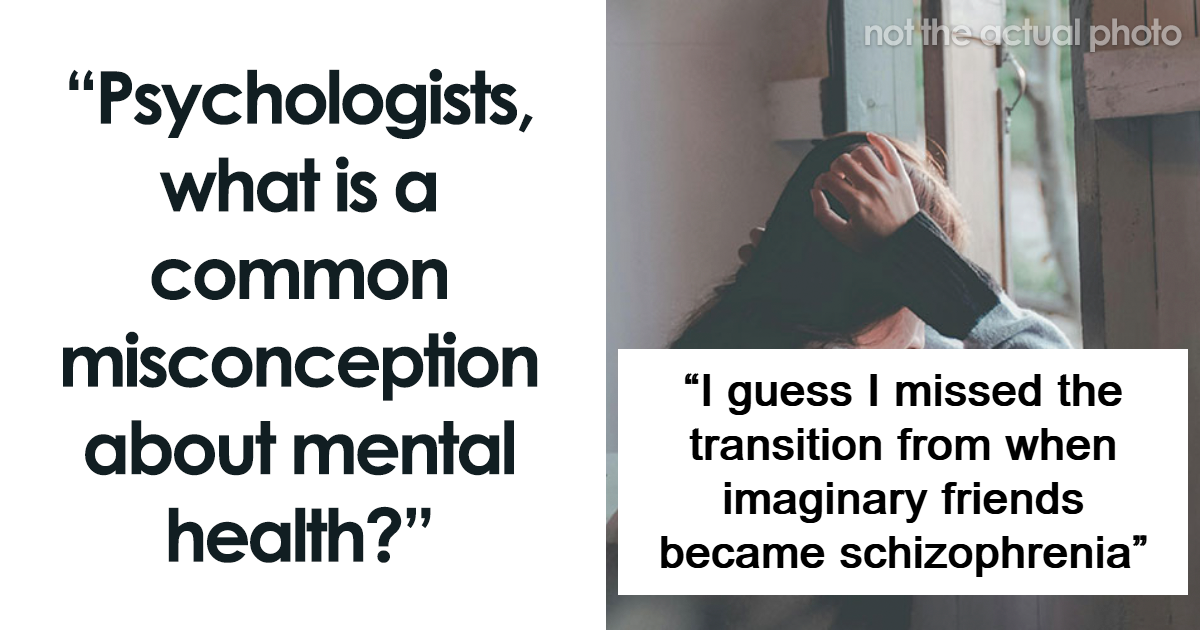
25 Common Mental Health Misconceptions Debunked By Psychologists
As mental health concerns gain attention, a recent online topic sought to address some common myths around the subject that should be dispelled. While there are many awareness programs and educational materials covering prevalent mental health issues, widespread misconceptions persist, worrying psychologists. In an effort to combat misinformation, mental health professionals participated in a Reddit discussion about harmful myths and ideologies that need debunking. We’ve reviewed the conversation and highlighted toxic or false mental health concepts and shared them in the gallery below.
#1
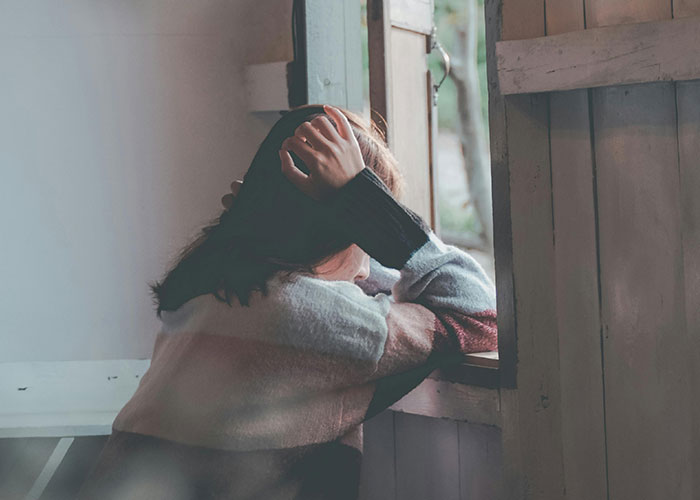
Image source: lifehack23, Dương Nhân/Pexels
I’m a recovery specialist, and one time my client said..
” I guess I missed the transition from when the ground was lava and imaginary friends became schizophrenia”
That broke my heart.
#2

Image source: graylie, Engin Akyurt/Pexels
Obligatory “not a psychologist”, but as someone who has mental illness and has spent the entirety of it since the onset (fourteen years and counting) picking it apart and trying to discover the roots and heal the wounds through thought and introspection, the one thing I can say is a huge misconception is the level of “cuteness” involved.
I have major depressive disorder and social anxiety. Its not about being sad, or feeling a little awkward around people; it can’t be fixed by love, and it’s not some cute picture on Tumblr or Instagram about “burrito blankets”. It’s going without showering and brushing your teeth for a week or more, because the thought to take care of yourself only comes around when you are reminding yourself that it’s something you are socially obligated to do, or when you’re berating yourself for not doing it. It’s hiding from interaction, or running away at the mere thought of it.
There was nothing “cute” about me sobbing in stores because I was convinced everyone was staring at me. There was nothing “cute” about me missing my sister-in-law’s wedding dress fitting, because she sent her friends to pick me up and I got so scared about being in the car with them that I hid in my room and held my breath until they gave up pounding on the door and screaming my name, just in case they could somehow hear me breathing from the second floor and refused to leave. There is nothing “cute” about feeling numb and distant, and cutting off communication with friends and family because the idea of being “present” for any length of time makes you even more depressed because you know you can’t do it. There is nothing “cute” about wanting desperately to not be alone in this world, and finding an opportunity to save yourself, only to have your own mind rip it all out from under you and tell you that this is the “safest” option, it’s “better this way”, and you are completely and totally powerless against it, against your own chemistry–it’s not cute. It’s not fun. It doesn’t make you special. It’s not something to throw around lightly. My life, and the lives of millions of others, are being ruined by this, and it’s “cute”.
You know what happens, when common people find out that someone else’s depression and anxiety can’t be fixed by burrito blankets, or making jokes, or “being there”? They leave. They say “this is too much, I don’t know how to help” and leave. We need to stop putting out this idea that illness can be fixed by good intentions, or finding a partner, or any little “good thing” that happens. If you’re just upset about your life and the people in it, good things happening to you will probably help–but if you’re depressed, none of it will help or change anything, because depression and anxiety aren’t external, they’re practically woven into your DNA, and I think we can all agree that a smile can’t change your DNA. The answer has to come from you, and that process sure isn’t “cute” either.
#3

Image source: mykingdomforaclose, Anna Shvets/Pexels
That OCD is some hilarious disorder and the people who have it simply have a compulsive need to be overly organized. In reality it’s more like having a personal demon in your brain that’s constantly bullying/torturing you and making you feel miserable most of your waking life.
Edit: I’m not a psychologist btw but suffer from it myself.
#4
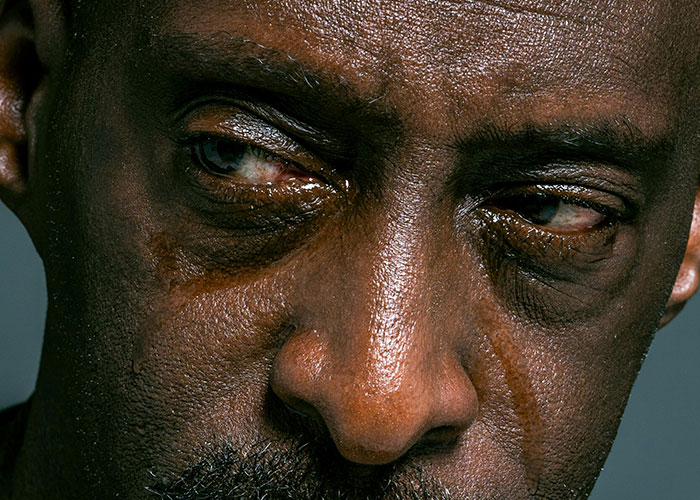
Image source: Lazarus_Pits, Ketut Subiyanto/Pexels
It’s not a sign of weakness for men to cry or openly display emotions commonly associated as feminine, it is in fact, very healthy and reduces compound/chronic stress, and reduces the risk for a variety of physical illnesses including heart disease.
#5

Image source: anon, Gary Barnes/Pexels
The misconception that someone with mental illness or serious traumas is always going to show their symptoms openly. People suffer privately a lot of the time and get skilled at pretending to be fine until something sends them spinning.
We don’t get to see each other’s thoughts and feelings of what they’re up against. Even body language that looks like generic stress or impatience could be someone fighting off an intrusive thought.
#6

Image source: dandy_walker, Antoni Shkraba Studio/Pexels
Mental health patient of 15 years: It’s not your fault.
#7
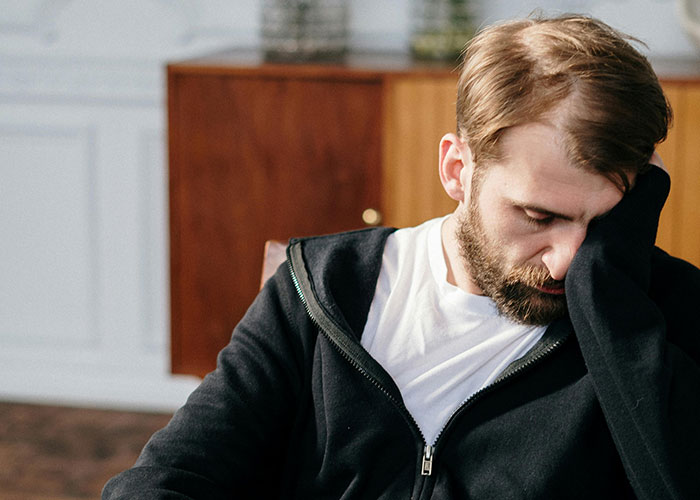
Image source: tearedward, cottonbro studio/Pexels
People do not have any knowledge about depression, or they have underestimate the seriousness of depression, depression often comprehend as just an emotion only. Moreover, depression always linked to words like weak, losers and negative, which resulting in those who are on depression don’t have the courage to seek for help, because they don’t want to look “weak” while everyone is looking alright.
#8

Image source: WhatTheFork33, Keenan Constance/Pexels
Depression is not feeling sad all day, every day. It comes in many forms and affects different people differently.
#9

Image source: anon, cottonbro studio/Pexels
Not a psychologist, but I was an educator for children with Autism.
Just because a child has Autism, it doesn’t mean they are a genius like Rain Man. That is a very rare percentage of the population. Very often individuals with the disorder will have cognitive and developmental delays.
To add to this, unless you’re diagnosed by a clinician, do not self-diagnose your social awkwardness as “Aspergers”, because often its not Aspergers and instead social awkwardness.
#10
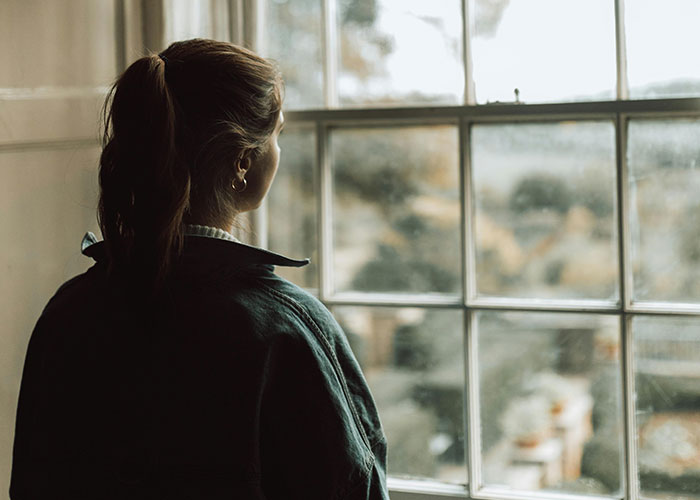
Image source: Manassisthenew6pack, urtimud.89/Pexels
Obligatory “the symptoms of bipolar disorder aren’t what’s described in Katy Perry’s “Hot’n’Cold” at all” response.
NATB I have bipolar disorder type 1, and managing it ends up being impressively banal (take some pills in the morning and others at night, get to bed at a time that allows you to get 7 hours of sleep, don’t substitute coffee for food, sit upright in your room for 10 minutes every day with your eyes closed and think about whatever comes to mind).
#11

Image source: byersinblue, cottonbro studio/Pexels
Not a psychologist, child of one – psychologists can have mental health problems too. Actually, it’s often the reason they start studying mental health. It’s a lot easier to help people fix their problems than fixing your own.
#12
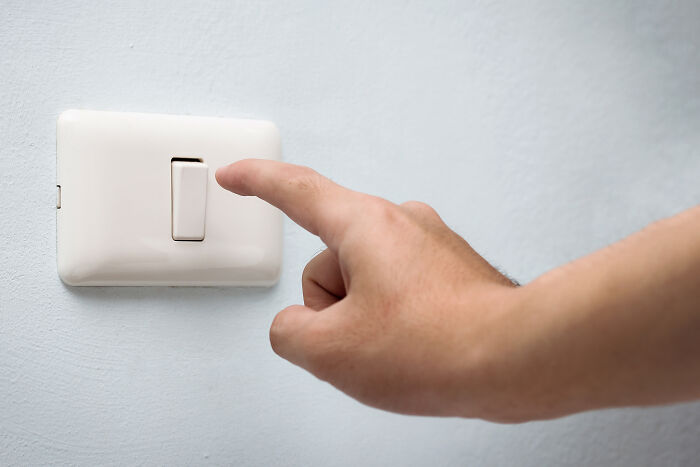
Image source: SIrFluffsalot35, shayne_ch13 / freepik
OCD is not just thinking you HAVE to straighten that picture frame our or its going to “bug you the entire night.” OCD is having to turn the lights on and off 23 times before you leave a room because if you don’t the world will fall apart. It’s having to touch EVERYTHING with both hands otherwise you can’t function a step farther. There are a lot of people who are over dramatic when it comes to small stuff and call themselves OCD, and as someone who has seen it’s effect on a person it frustrates me. Please be understanding of what you’re actually saying because it can also be insulting to those that actually have OCD.
#13

Image source: anon, Andrea Piacquadio/Pexels
I’d love to know if there actually is a strong relationship between high levels of intelligence/creativity and being prone to depression.
Not all super smart people I know are mentally ill (as far as I know), and not all depressed people are super smart. But I’ve definitely noticed there’s an odd effect there where a lot of the very intelligent people I know also struggle with depression or have in the past. I wonder if it’s a coincidence, or if it’s truly a thing in psychology.
My family is like this – my parents are incredibly gifted and they passed their intelligence onto us, but also a bit of their depression. I’d say I’ve mostly overcome my issue with depression (which was mainly an issue when I was a teen), but I do have my days here or there where I deal with it a bit. It doesn’t control my life at all, but I’ve managed to use exercise as a form of therapy and I’ve always prioritized my happiness over career or other things like pleasing others. But the more I discuss existential issues or get philosophical or analytical, the harder it is to pretend it’s all good as I’m very aware of the state of affairs. My siblings are the same, but unfortunately my parents are just depressed and probably always will be. I think all of us have dealt with the “I feel alone” thing, too, as it’s harder for us to find peers who think like we do. It’s not impossible, but maybe not as easy as it would be if we were “average”.
I find a lot of dumb people don’t have this problem. “Ignorance is bliss”, literally.
#14
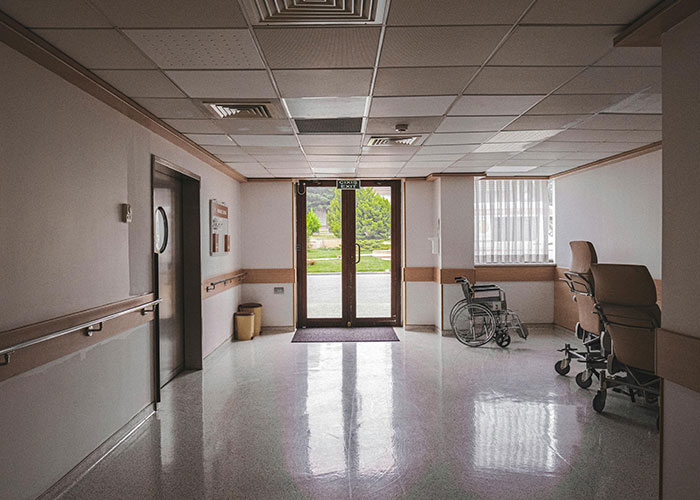
Image source: sammyframps91, Zakir Rushanly/Pexels
Not a psychologist, but a therapist working at a large psychiatric hospital.
One of the big misconceptions about psych hospitals/mental health care is that psych wards are all like One Flew Over the Cuckoo’s Nest, or that they are full of weird/psychopathic/crazy people. Truth is, most of my patients are pretty average people who have had a bad run of it and who are pretty sick. With medication and therapy as well as supports when they discharge, they can go on to live completely normal lives.
What strikes me often is how easy any of us could be in their shoes. I’m not sure most people realize that. We are all a few bad decisions or bad circumstances away from mental illness yet it is stigmatized and seen as this “other” thing.
Another thing that I feel is a misconception is that many people with mental illness are difficult to deal with or prone to mistreating family and friends. On the contrary, about 85% of my patients are victims or other trauma at some point in their lives.
#15
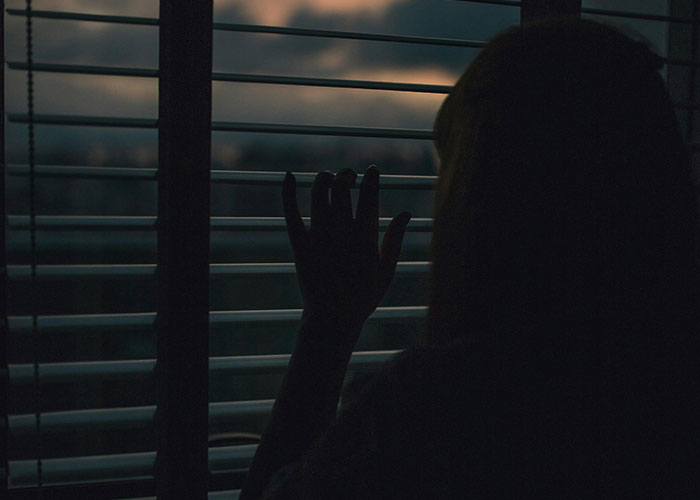
Image source: anon, Guilherme Rossi/Pexels
Social Work student specializing in mental health here. There are a LOT of misconceptions about schizophrenia. Schizophrenia is actually a pretty broad term, and there are a variety of symptoms that can manifest – it doesn’t mean that you are just watching around in a perpetual acid trip, despite how it’s commonly portrayed.
Depression isn’t always, as a particularly bad counselor once told me, the “common cold of mental illnesses.” Depression can manifest as psychosis and catatonia in severe cases – just because it is commonly recognized and widely treated does not mean that it is easy to live with, by any means.
#16

Image source: JussStop, Surprising_Media / pixabay
A common misconception is that people see the person, not the label. People quickly forget the person and see only the label. A diagnosis is taboo to many people.
#17

Image source: anon, Vitaly Gariev/Pexels
Not a therapist, but a mid-20s person who has required a good amount of therapy.
1) Everyone can benefit from therapy, whether you just need to get your head straight and gain insights about yourself or it you’re full-on hearing voices. It helps.
2) While people of some socioeconomic backgrounds are far more prone to mental illness, anyone can have a mental health problem. I’m a white female from a well-to-do suburb and I’ve given up trying to explain my mental illness to people. I’ve been called melodramatic, selfish, and egotistical. Only my closest friends know, now, and I have a few I regret telling.
3) My therapist told me this and I agree: a lot of therapists out there suck. Some you simply don’t click with, some are honestly just bad. I went to one whose office was a barely furnished room in an office building. Everyone who worked at this business entirely unrelated to mental health stared at me while I walked by. The therapist spent half of the session talking about herself and how she got her job. It was stunningly unhelpful. I was in-and-out of therapy for a long time before I found the therapist I go to now. It’s frustrating but worth it to find a therapist you “click” with.
#18

Image source: jtrus1029, RDNE Stock project/Pexels
Not a psychiatrist, but I have ADHD, and easily the biggest misconception is that people with ADHD are just lazy. They could do better, but they’re just lazy and don’t want to. I believed it for the longest time about myself, and it just wasn’t true. The first time I got medication, it was like something finally clicked. I’d spent years dealing with it, and I had already had some coping mechanisms, and with medication I could do all the things I had wanted to do before. It’s still hard, but it’s manageable now.
I can’t tell you how many hours I’ve spent spinning my wheels against problems that should be easy just because I can’t focus. It’s like your brain is a web browser and you have been tasked with searching for the tab with the definition for a word you need. But when you open up your browser, you find out that there are 10,000 tabs and you don’t have a good filing system. So you start opening tabs at random, and after you’ve gone through a few songs, a page on ornithology, some witticisms, and a tab on how to make a casserole, you forget that you were even meant to find that word to begin with.
After getting medication, it’s like those tabs are still there but now the one I need has had a blinking light attached to it so that if I get off track, I can look at that light and remember that I’m supposed to be looking for that word. It doesn’t stop me from getting distracted, but it helps me stay on track and get back on track when I do get distracted. Of course, it’s a bit of a double-edged sword. I can also accidentally focus on something that I absolutely shouldn’t, like writing this post. The light’s a bit faulty at times, but having it is better than not having it.
#19
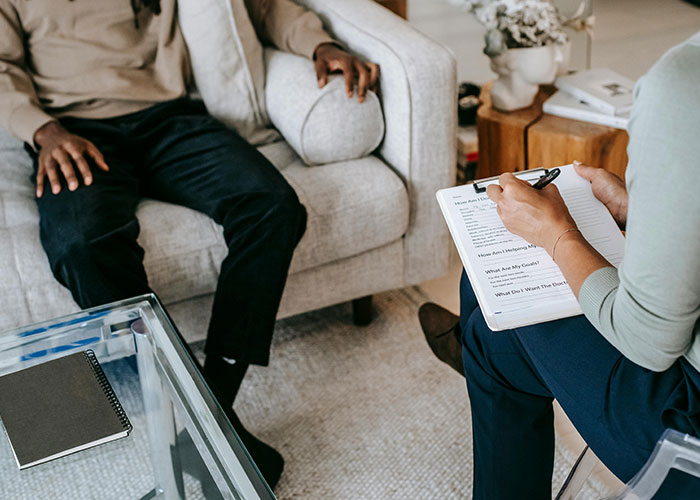
Image source: Rhythm825, Alex Green/Pexels
Therapist here –
I always have people who I can just tell think that something is already inherently wrong with them when they come into my office – even before really even starting a session.
I think having kids get familiar with their school psychologists and social workers at a young age is crucial to develop the sense that talking about feelings is an ok thing to do.
#20

Image source: Captain_Frisbee, Darina Belonogova/Pexels
People in today’s culture are very quick to judge the concept of trigger warnings and safe spaces under the assumption that they’re only used when “feelings are hurt” and the like.
While they certainly can be misused in this fashion, both trigger warnings and safe spaces are fantastic resources for the treatment of mental ailments such as PTSD.
#21

Image source: Delsana, Pavel Danilyuk/Pexels
That depressed people aren’t doing literally everything they can to survive even if it seems they’re lazy or aren’t trying hard enough or need to go out or just don’t seem to change or sometimes do anything.
Unlike you, half or more of my mental constitution needs to be dedicated to keeping the degrading voice and fabricated microcosm of my emotions from destroying me and sometimes from even being heard by me. Yes I’m worthless I know that, now shut up.
Of course people can’t accept that.. nor can they actually decide to be there like they said they would. Literal definition of a friend isn’t what people really are willing to give if it requires effort beyond the norm. Its not hard to care…
#22

Image source: eli1323, Timur Weber/Pexels
Psychology student here that is very interested in paraphilia and personality disorder and criminality.
Not all pedophiles are harmful to society and they Can be helped through therapy sessions and counciling. There’s no need to lock someone up or treat them like a criminal when they have a mental disorder and hasn’t hurt anyone.
Contrary to popular belief. There aren’t much we can do to help certain personality issues. Sometimes people with mental disorders don’t think that anything is wrong with them and simply refuse treatment.
When people with antisocial disorder or psychopathy enter the crime scene, there’s not much we can do to help “fix” them. Best we can do is teach them safer outlets or different social behaviors. But it depends on them if they want to change.
Sociopathy on the other hand, are a bit more likely to be helped.
But. Sociopaths are more likely to become criminals over antisocial or psychopaths.
Anorexia has the highest mortality rate over any other disorder.
People are Really good at hiding themselves. And it’s Very difficult to help another person with disorders. Love, compassion, and patience goes a long way.
#23

Image source: chipmunksyndrome, Rodolfo Clix/Pexels
I work in a highly religious area. You would be shocked at the amount of people who genuinely believe that mental illness is the result of demonic possession.
Edit: I should point out that I am not a psychologist, but an LPCA.
#24

Image source: Rhazior, Thirdman/Pexels
Cognitive Neuropsychologist here; Everybody judges others in the first moments of contact, and the way they’re doing it would be considered discriminatory if people acted on it.
It’s actually a really good thing that we did this, as it helped us survive as groups before the dawn of civilization. Even today it’s helpful as it is a massive shortcut in cognition that would otherwise require tons and tons of energy.
We’ve evolved socially and culturally to overcome these judgments and be tolerant, which is even better.
#25

Image source: moofrog, Andrea Piacquadio/Pexels
The most important piece of data to collect from someone hearing voices is the CONTENT of those voices. Are they telling them to hurt others?(watch out) are they telling them to hurt themselves?
I think the biggest problem with the general public in dealing with the seriously mentally ill is a lack of knowledge when it comes to the “content of thought” when dealing with mentally ill folks.


















Got wisdom to pour?
It’s so important that psychologists are calling out these common mental health myths. What really stands out is how deeply damaging some of these misconceptions can be for those actually struggling. I do also like to highlight the work Rebuilding Mental Health, which echo this myth‑debunking mission by providing clear, evidence based information and practical resources to help people understand their mental health better https://rebuilding-mental-health.com/
schrott-handler.de is a German website that connects users with local scrap dealers (Schrotthändler) and recycling services.
https://schrott-handler.de/